Early in the week one of our volunteer transporters called saying she’d heard of a great horned owl hung in barbed wire fence. Not good. Never good, but especially bad during their nesting season. While LWR’s dedicated volunteer transporters arranged to get the owl to me, I hoped the damage wasn’t too severe, although I knew with the week’s predicted weather, even two nights away from his family would be deadly for them.
When he came in, his wing was shredded underneath, where he’d been caught in the barbed wire. It was raw and still bleeding, but nothing was broken—that was good. There was still the potential for soft tissue damage and even for the wounded tissue to shrink as it healed, prohibiting full extension of the wing.
However, the third night he ate less, which didn’t really concern me; I’d been putting quite a few mice in his box and in the wild, an adult raptor can go several days without food with no ill effects. And he was stressed, too—he was in full “feed the family” mode and here he sat in a box, away from his family.
However, the last thing I expected was for the stress to take him out. He died the fourth night. Given that he was on meds and none of the usual parasite-caused raptor diseases were present, I can only attribute his death to sheer stress.
However…they did attempt to feed them before calling LWR, and here is where I want to offer advice to ANYone who finds ANY wild animal, baby or adult: NEVER, EVER attempt to feed or offer water to wildlife without talking to a rehabber first—and this doesn’t mean allow it to starve to death over the course of a day or several days; it means call a rehabber as soon as you’re sure the parents aren’t coming back for their babies, usually within an hour or two. These babies were stone-cold when they came in. Feeding cold babies can cause their systems to shut down and kill them outright. Also, most often people feed an inappropriate diet, which can also cause potentially lethal digestive issues, and then there’s always the threat of aspiration pneumonia from food getting into the lungs as the babies are fed by an untrained individual. With babies this small, avoiding aspiration can be a challenge even for a trained individual.
These two babies were already “click-breathing” when they came in, a sure indicator of aspiration pneumonia, so they’ve been on meds since intake. Fortunately, their rescuers were actively seeking help as soon as they realized Mama wasn’t coming back for her babies, so they’d only had them for about four hours before getting them to LWR.
As of today, they’re both doing well and I estimate them to be about 10 days old, as they still have their umbilical scabs but their little whiskers are showing.
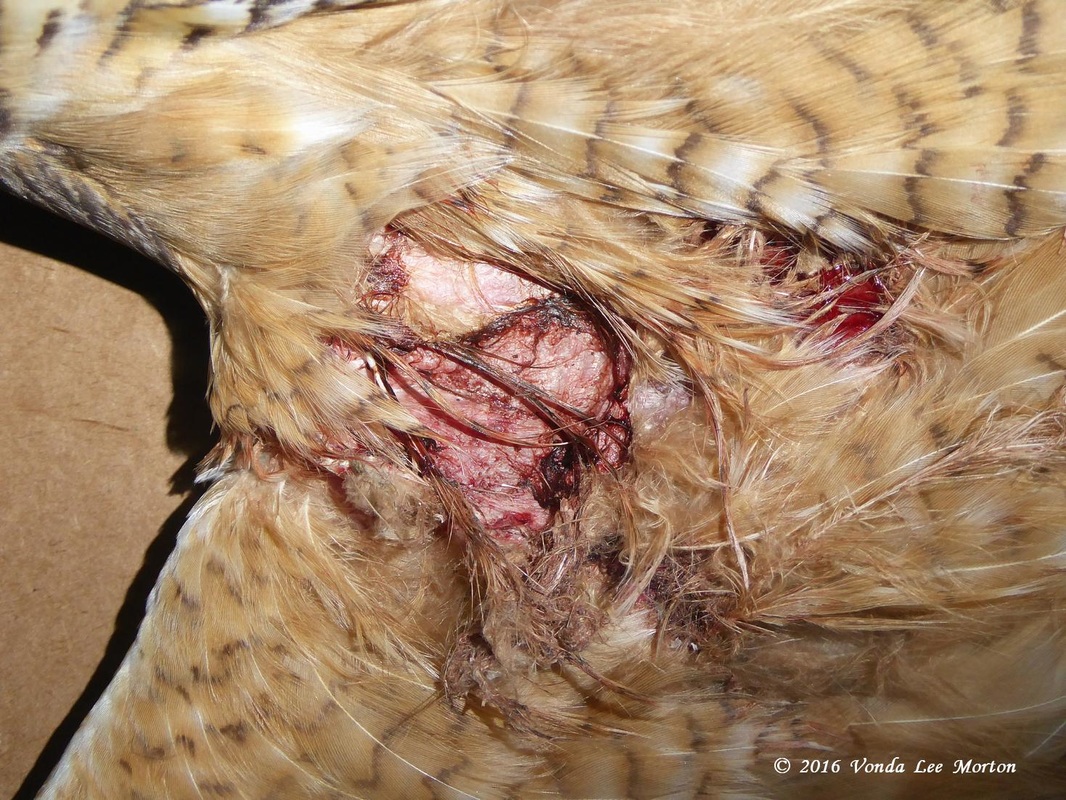
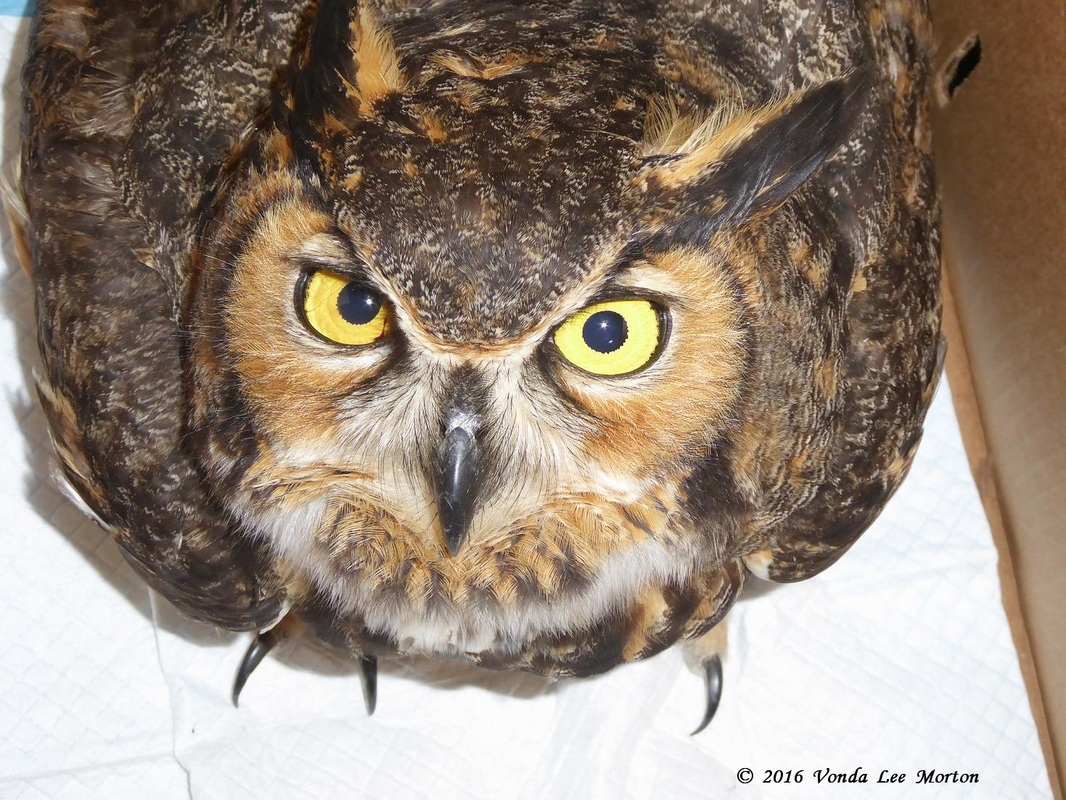
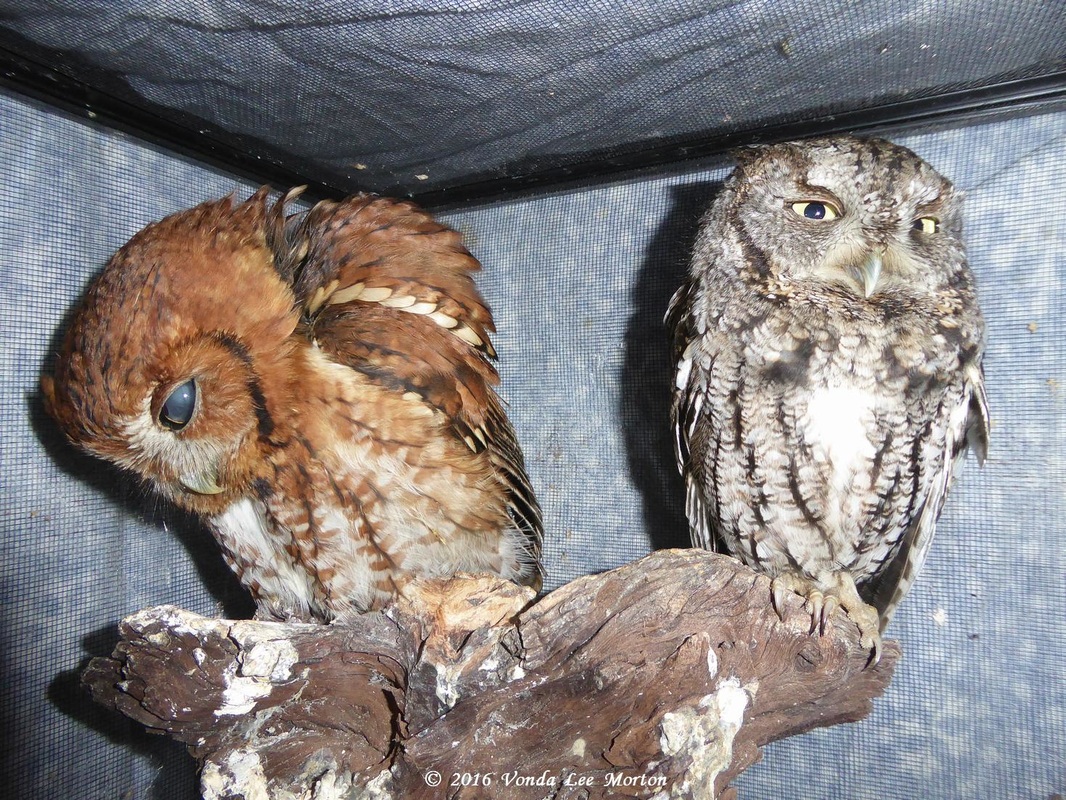
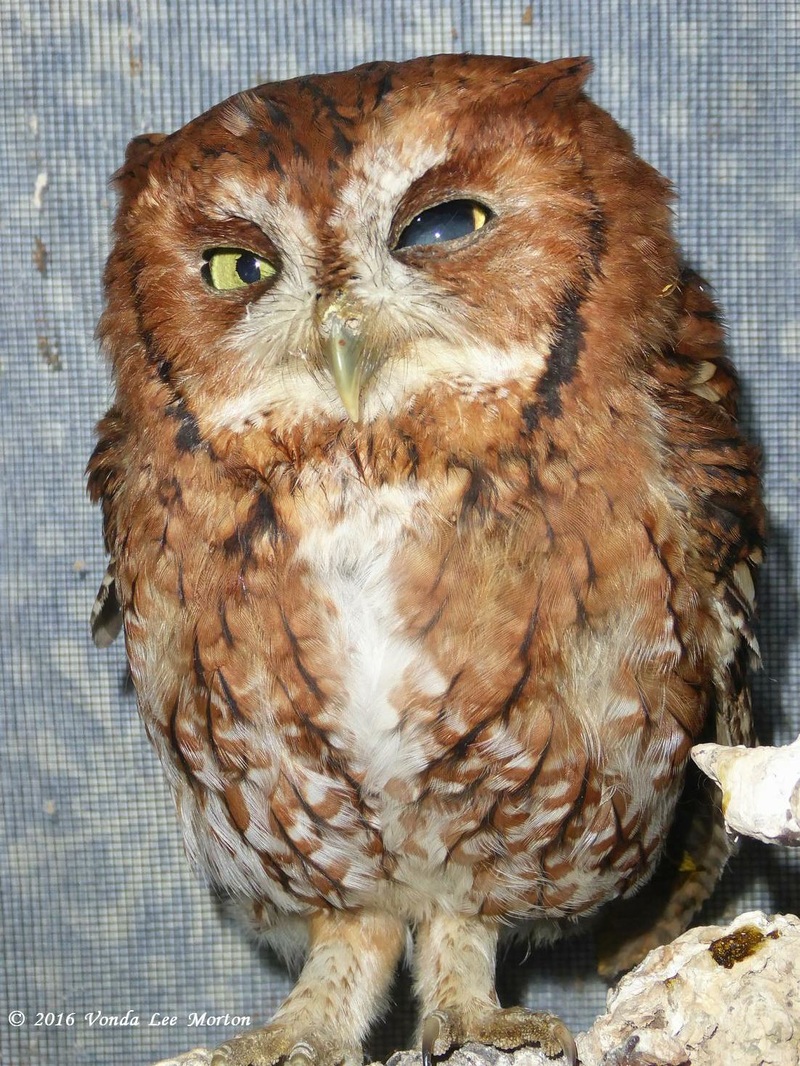
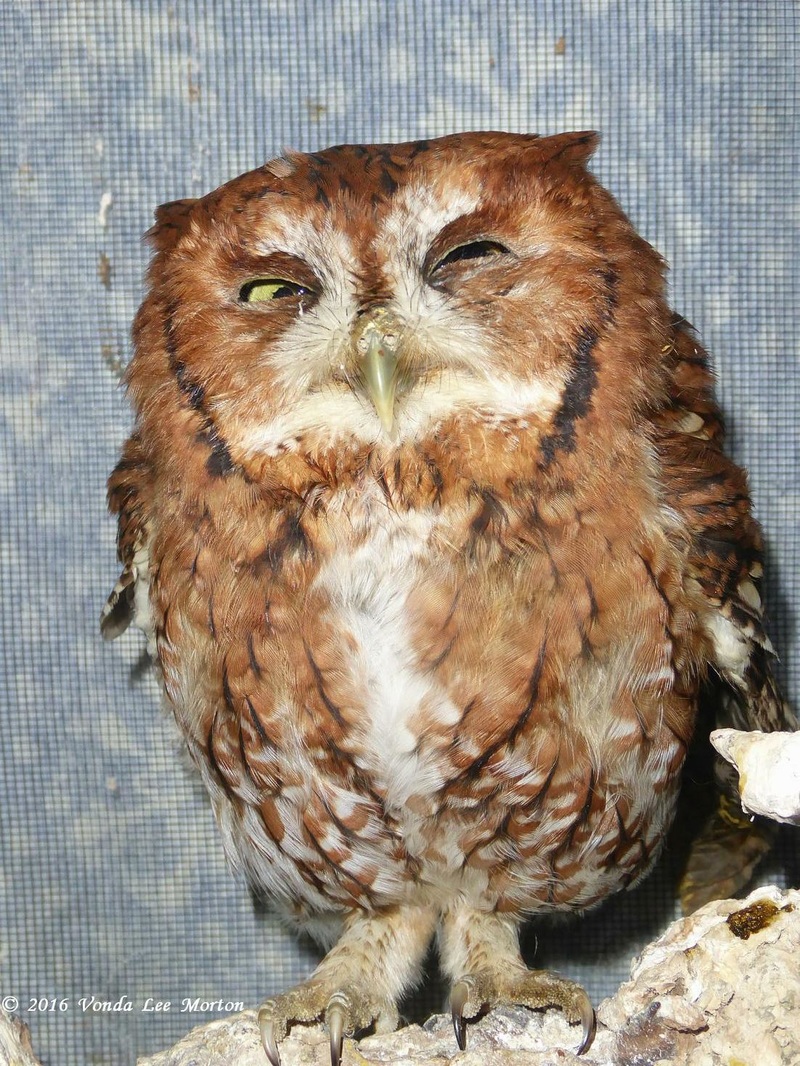
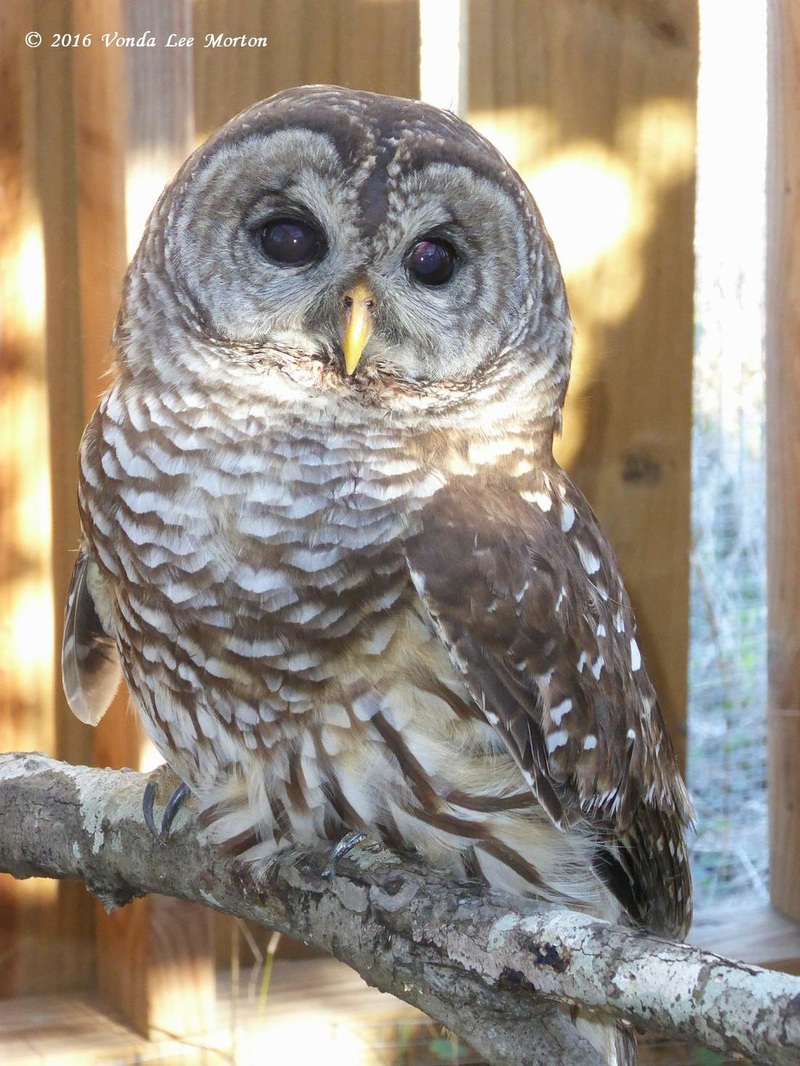
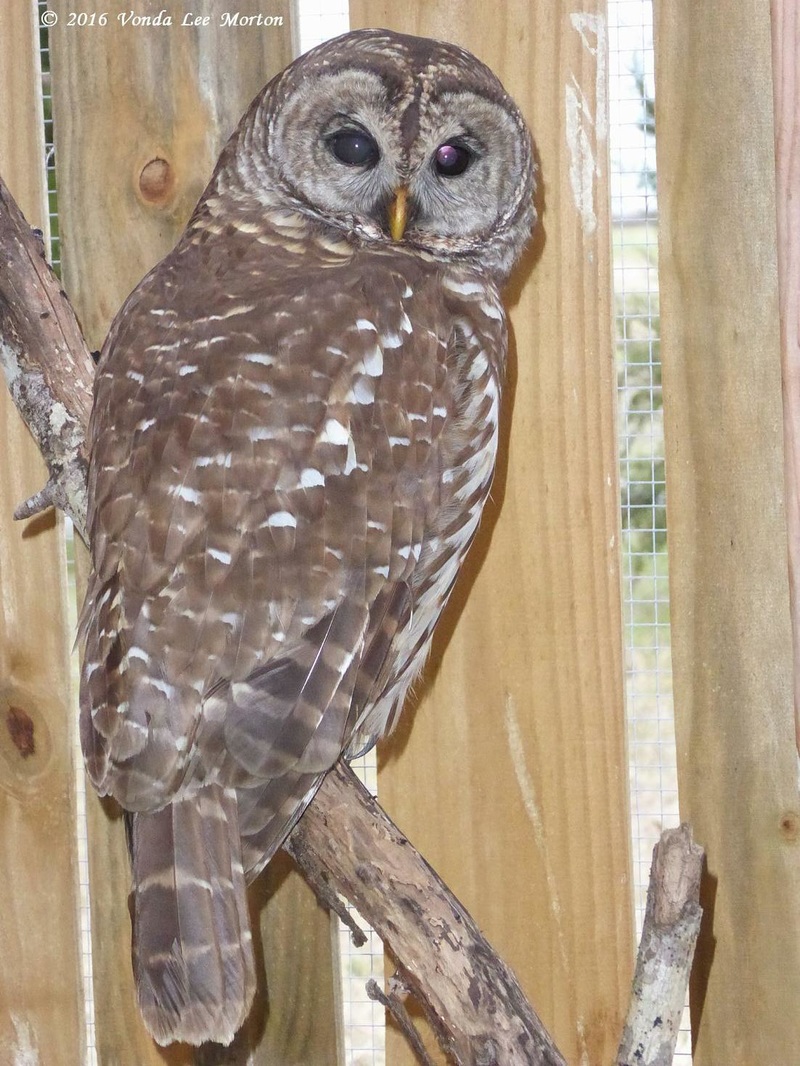
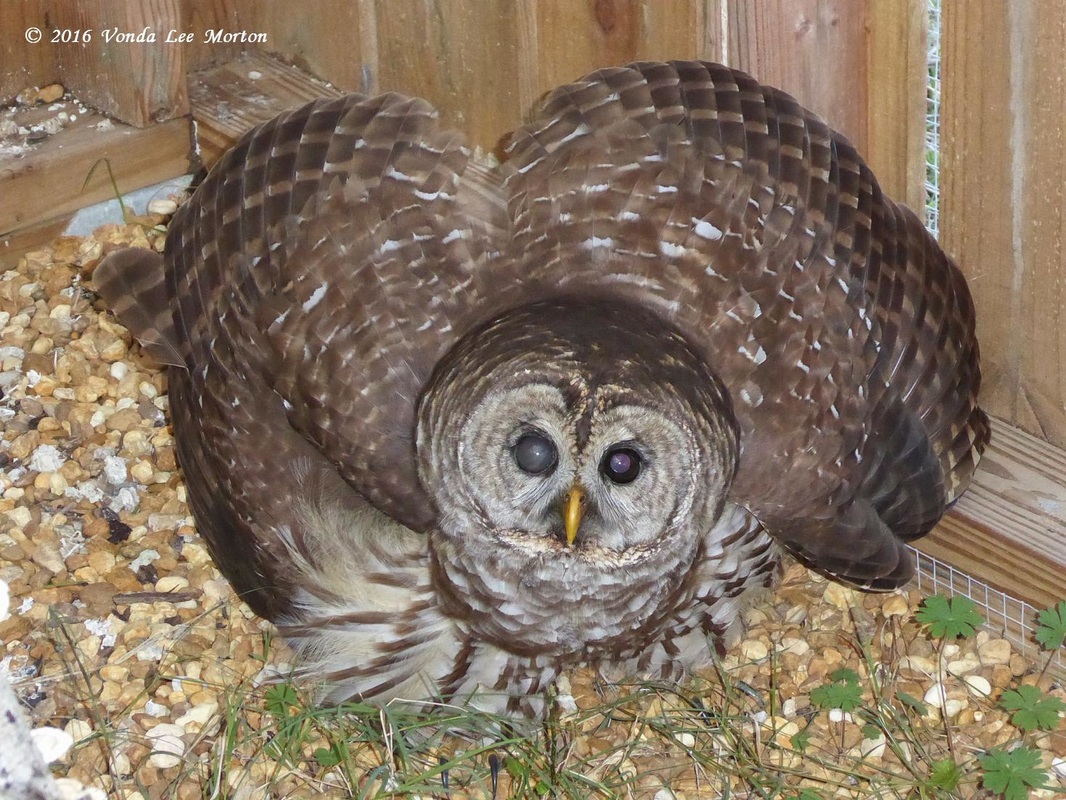
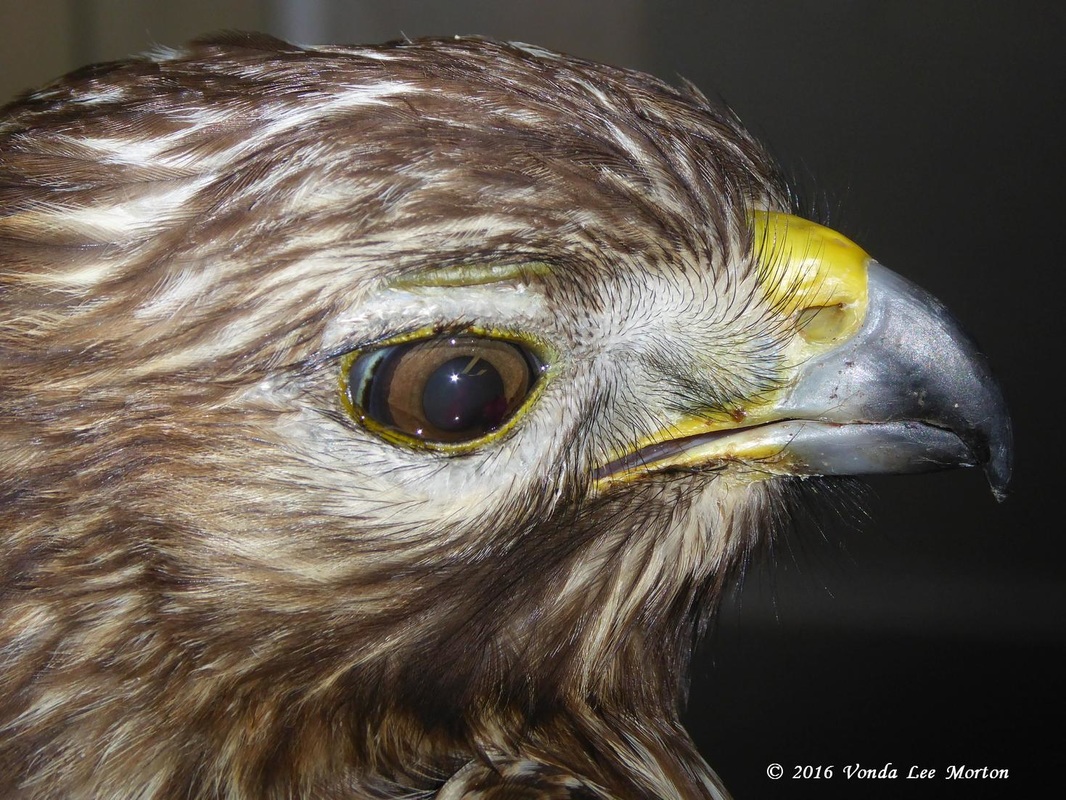
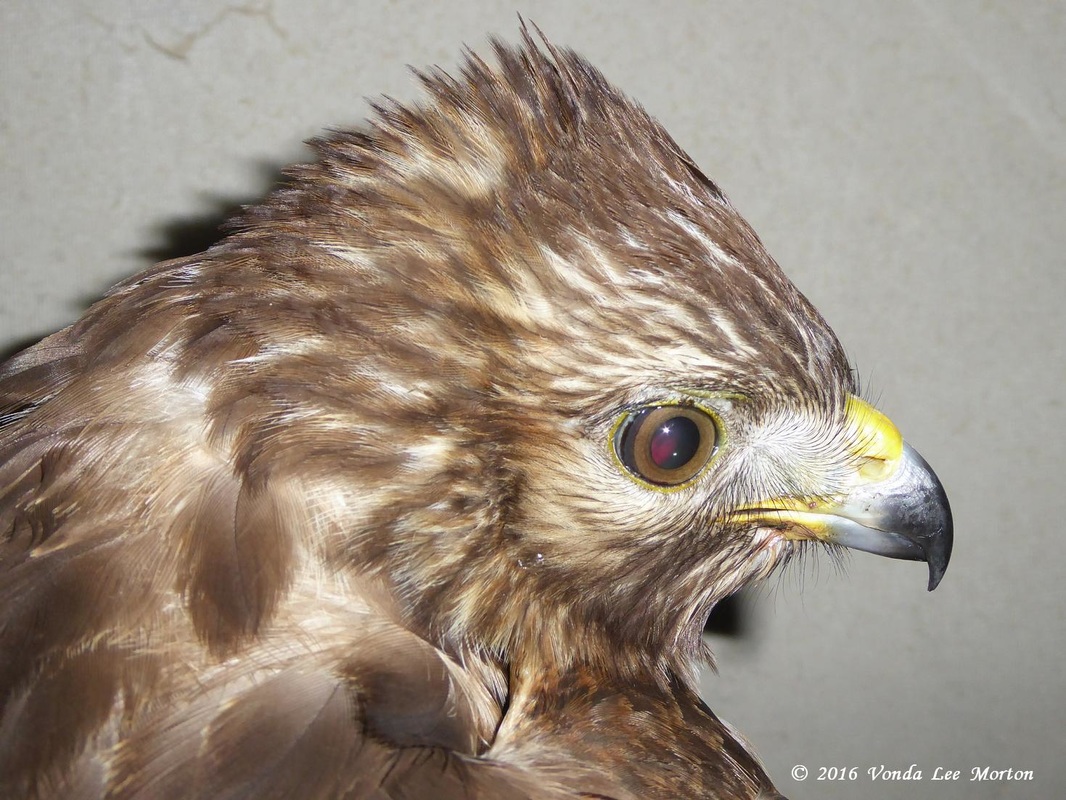
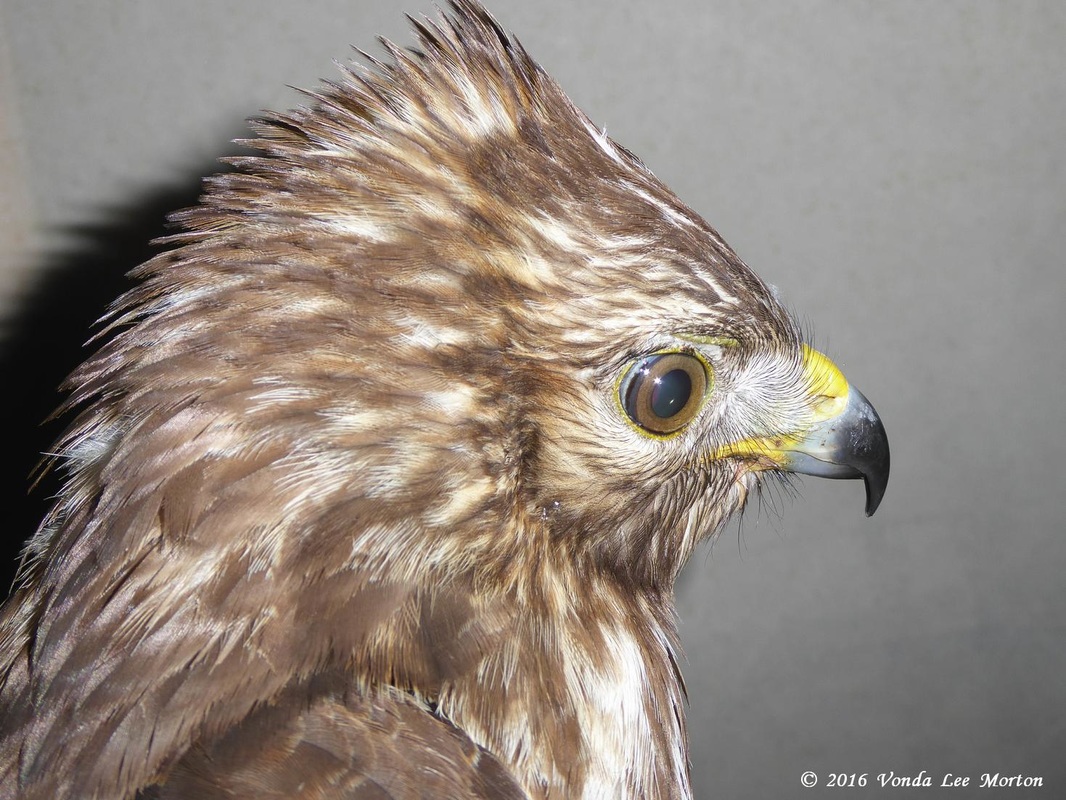
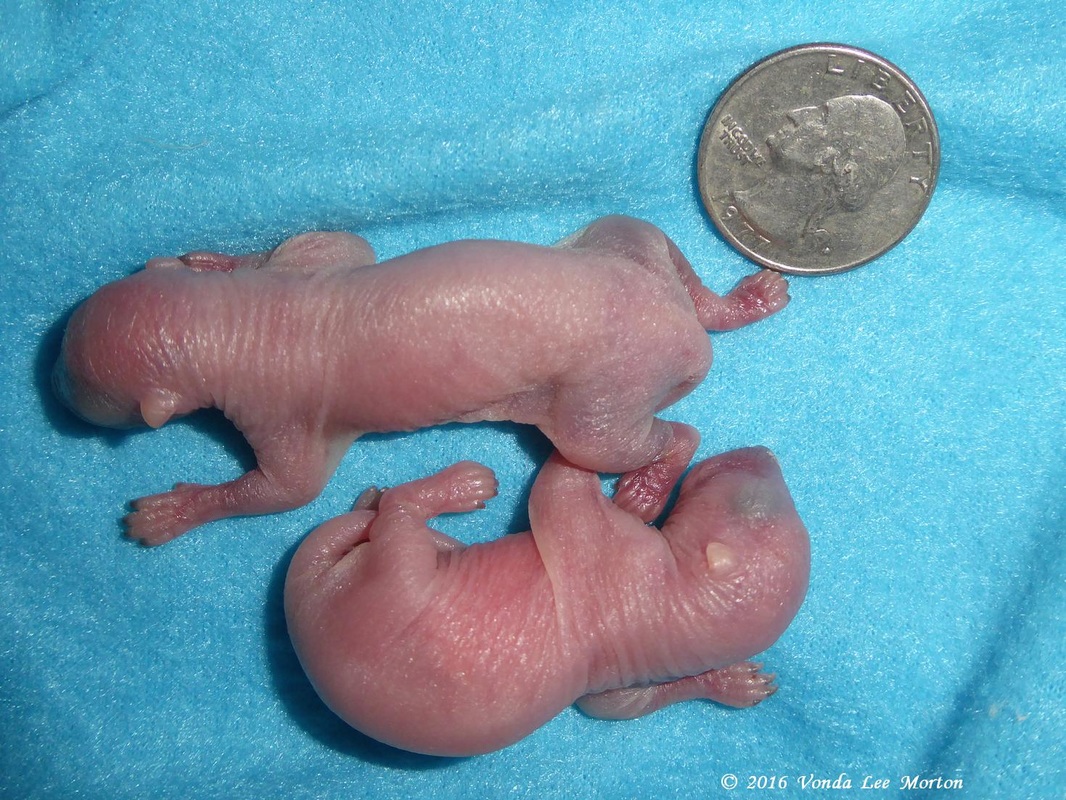
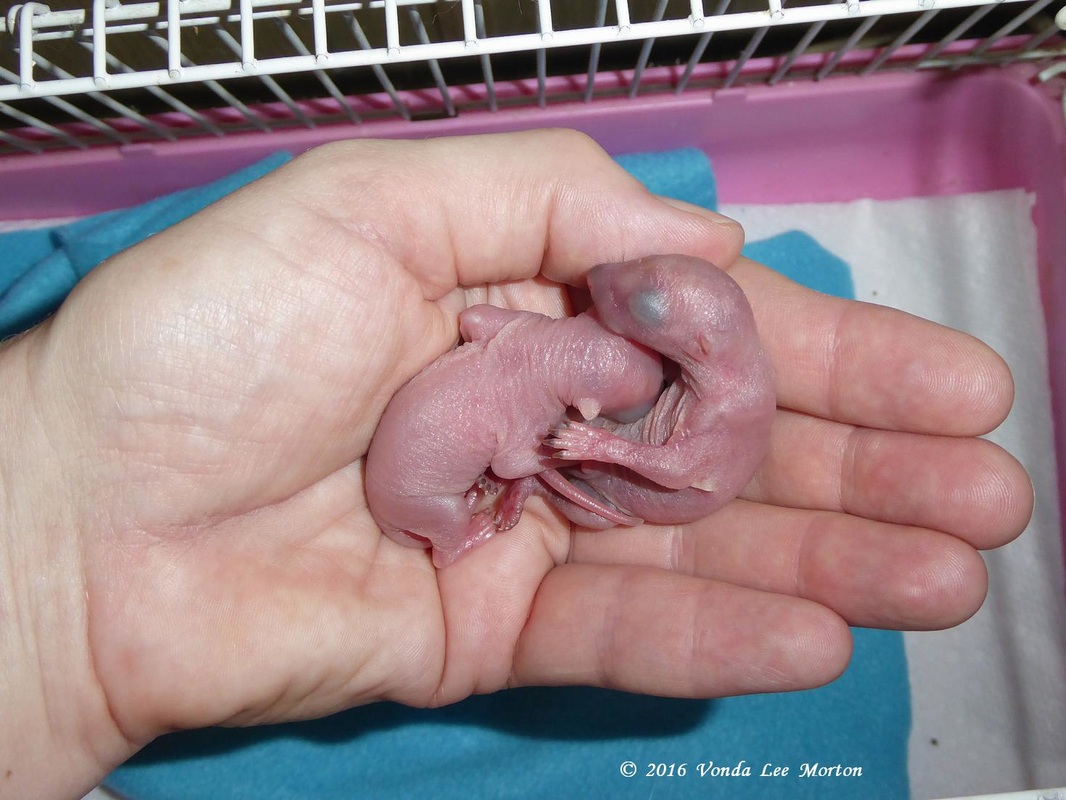
 RSS Feed
RSS Feed
